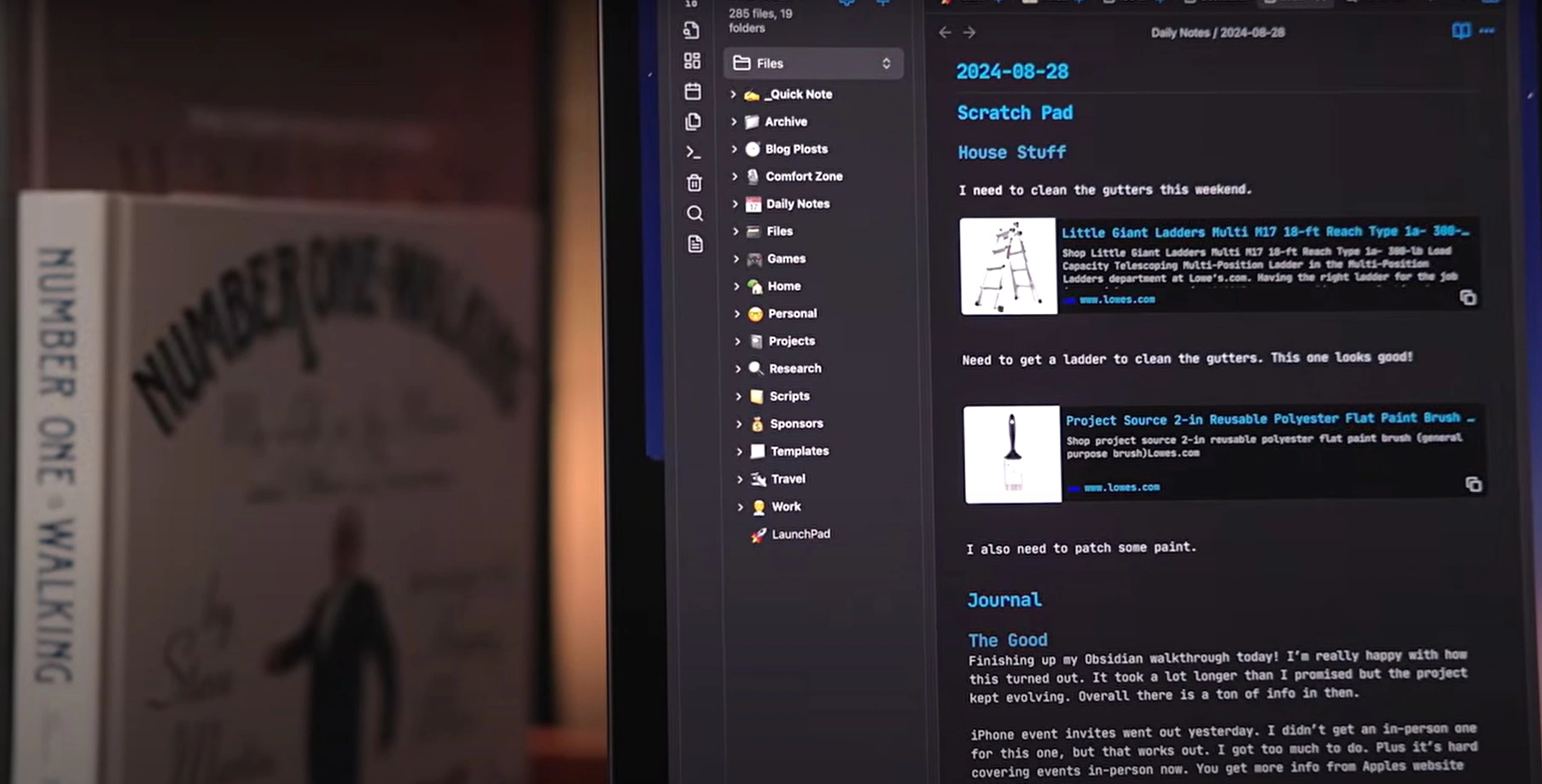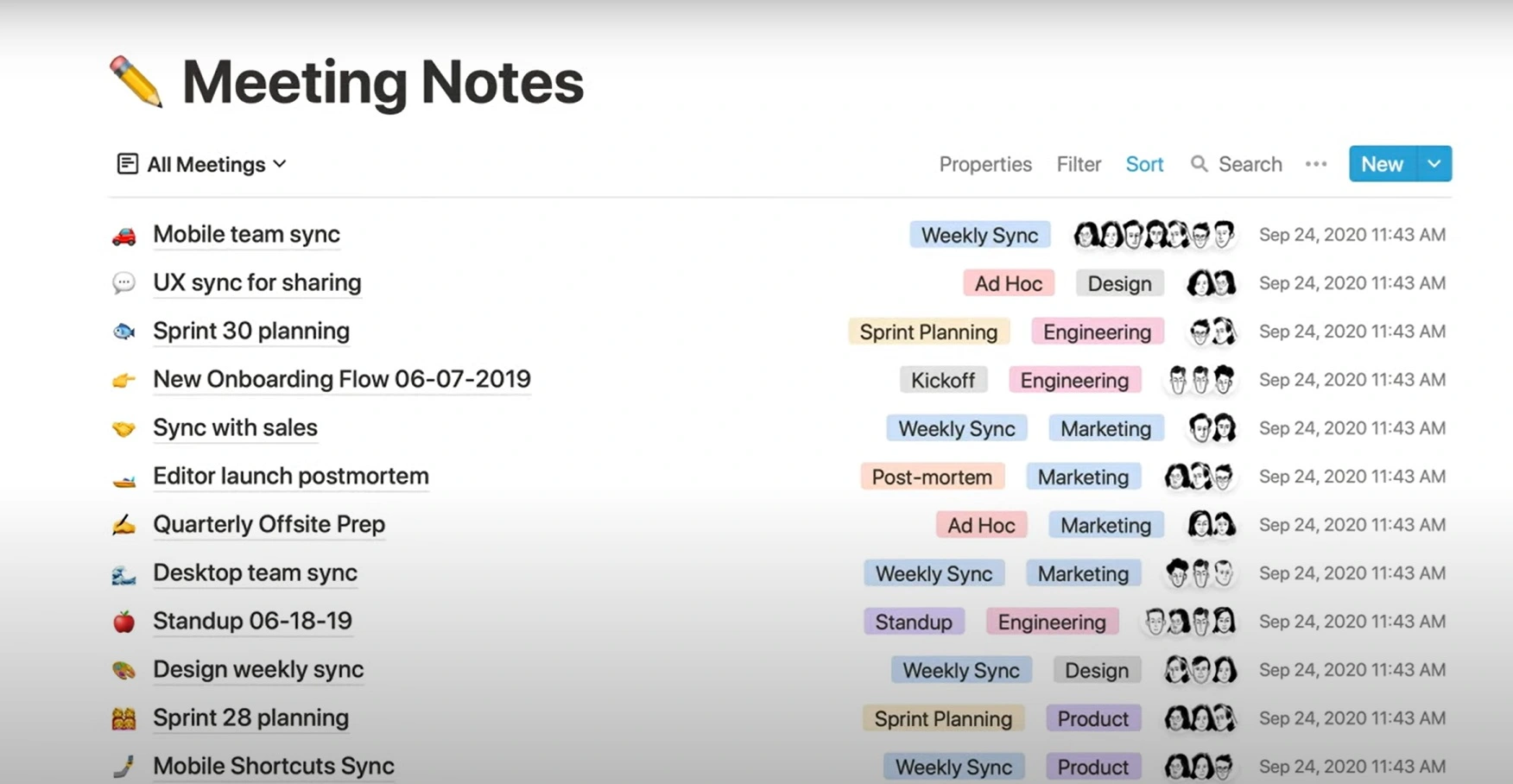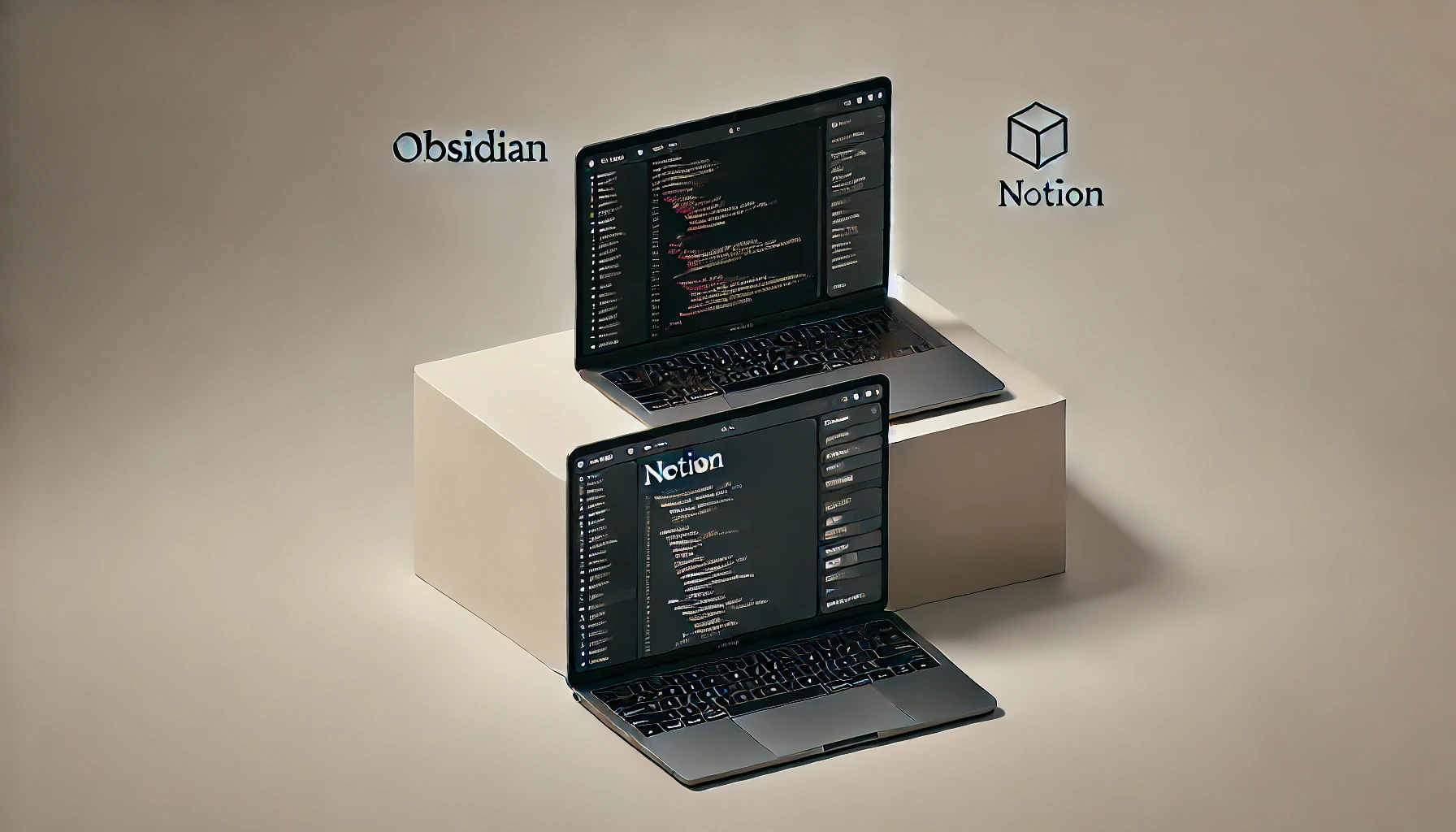Choosing between obsidian vs notion can feel like a daunting task given their unique features and strengths. Both tools cater to different productivity needs, making the decision highly dependent on your goals. Are you looking for a personal knowledge management system or an all-in-one workspace for collaboration? Let’s dig deeper into their offerings to find the perfect match for you.
What Are Obsidian and Notion?
Obsidian and Notion serve as powerful tools for productivity and organization, but they approach these tasks very differently. Understanding their core functionalities and intended use cases can help clarify which tool aligns with your preferences and workflow.
A Quick Overview of Obsidian
Obsidian is a markdown-based note-taking app built with privacy and flexibility in mind. It operates offline by default, meaning all your data is stored locally on your device. This makes it a great choice for users who want full control over their files without relying on internet connectivity. Its primary feature is the ability to link notes together, creating a dynamic network of ideas that’s perfect for brainstorming and research. If you’re someone who enjoys customizing your tools and exploring how ideas interconnect, Obsidian offers the depth and adaptability you’ll love.
Understanding Notion’s Functionality
Notion, on the other hand, is a highly versatile, cloud-based productivity tool. It’s designed to manage everything from simple notes to complex team projects. With its ability to create databases, manage tasks, and collaborate with others in real-time, Notion offers a structured approach to organization. Unlike Obsidian, Notion thrives in online environments, making it an excellent choice for users who value teamwork and integration. Its intuitive drag-and-drop interface and visually appealing design make it accessible to users of all levels, even if its full feature set requires some learning.

Comparing Features: Obsidian vs Notion
The features of Obsidian and Notion cater to different types of users. While Obsidian focuses on customization and individual workflows, Notion excels in team collaboration and structured organization. Let’s examine these differences in detail to understand how each tool stands out.
User Interface and Accessibility
When it comes to the user interface, Notion boasts a modern and intuitive design that appeals to a broad audience. Its drag-and-drop functionality allows for seamless organization of notes, tasks, and databases. Beginners may find the variety of features overwhelming, but its logical layout helps smooth the learning process.
In contrast, Obsidian adopts a more minimalist design, prioritizing function over form. Its interface is straightforward, but its true power lies in the vast customization options it offers. Users who enjoy tailoring their tools will find Obsidian a treasure trove of possibilities.
Organizing Your Notes
Obsidian relies on backlinks and a visual graph to create a web of interconnected notes. This approach is ideal for people who think in non-linear ways or want to see relationships between ideas. The graph view offers a bird’s-eye perspective of your knowledge base, revealing hidden connections and insights.
Notion, on the other hand, takes a hierarchical approach to organization. Notes can be nested within pages, subpages, and databases, making it easy to maintain a clean, structured workflow. This design is particularly beneficial for users who handle large projects or need to manage complex information systems.
Offline and Online Use
Obsidian’s Offline Superiority
One of the key advantages of Obsidian is its offline-first design. All your notes are stored on your device, ensuring you can access them anytime, anywhere, without needing an internet connection. This setup also means greater data privacy, as nothing is stored in the cloud unless you choose to back it up manually. For individuals who work in areas with limited connectivity or those who prioritize privacy, Obsidian is the ideal choice. Its offline functionality is seamless, giving you the freedom to work without interruptions.
Notion’s Online Dependence
Notion, in contrast, is heavily reliant on internet connectivity. While it does offer limited offline functionality, you need to be online for most features to work smoothly. This can be a drawback for users who travel frequently or have unreliable internet access. However, its online-first approach enables seamless real-time collaboration, a feature that makes it incredibly powerful for teams. The trade-off between online functionality and offline reliability is an important consideration when choosing between these tools.

Collaboration and Sharing
Obsidian’s Individual Focus
Obsidian is built primarily for personal use, making it less suitable for collaborative projects. While you can share notes by exporting them as markdown files or PDFs, it lacks the built-in sharing capabilities that are standard in many productivity tools. Plugins can extend Obsidian’s functionality, but it still doesn’t match the real-time collaboration features offered by Notion. For solo users or those working on personal projects, Obsidian is a robust and reliable choice.
Notion’s Collaboration Power
If teamwork is essential to your workflow, Notion is the clear winner. Its real-time collaboration features allow multiple users to work on the same page simultaneously, with options for comments, mentions, and shared workspaces. Whether managing a small team or coordinating a large-scale project, Notion makes collaboration effortless. Its ability to integrate with other apps further enhances its versatility, solidifying its position as a top choice for teams.
Other People’s Experiences and Reviews
When choosing between obsidian vs notion, it’s helpful to consider the experiences and feedback from other users. Reviews often highlight real-world use cases, helping you understand which tool might suit your needs.
Obsidian User Experiences
Many Obsidian users praise its privacy and customization. Researchers, writers, and professionals who value interconnected knowledge management appreciate its graph view and backlinking features. However, some find the initial learning curve steep, especially for those unfamiliar with markdown or plugins. Users frequently highlight the supportive Obsidian community, where plugins and themes are continuously being developed and improved.
Notion User Experiences
Notion users often commend its versatility and visually appealing interface. It’s a favorite among teams for its collaboration tools and database functionalities. Small businesses and freelancers love the ability to manage everything from project planning to note-taking in one place. Some critiques include its dependency on the internet and occasional performance slowdowns for complex databases. Despite this, Notion’s flexibility and community-shared templates remain big selling points.
Final Thoughts: Choosing Between Obsidian and Notion
Ultimately, the decision between obsidian vs notion depends on your specific needs and workflow. If you value privacy, offline access, and creating interconnected notes for personal use, Obsidian is a clear winner. On the other hand, if you need a versatile tool for team collaboration, project management, and structured organization, Notion might be your best bet.
Both tools have their strengths and cater to different audiences, so the right choice comes down to your preferences. Consider your priorities—whether it’s customization, collaboration, or simplicity—and you’ll find the tool that complements your productivity journey.




